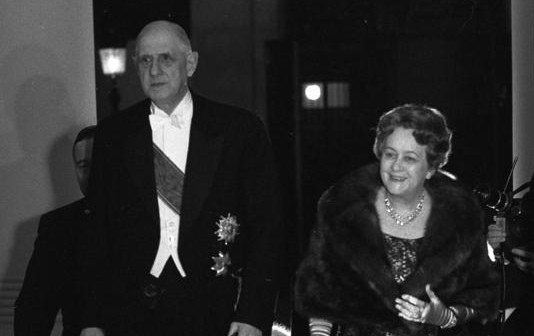In American usage, 84,672 is said EIGHTY FOUR THOUSAND SIX HUNDRED SEVENTY TWO. Count the letters in each of those words, multiply the counts, and you get 6 × 4 × 8 × 3 × 7 × 7 × 3 = 84,672.
Brandeis University mathematician Michael Kleber calls such a number fortuitous. The next few are 1,852,200, 829,785,600, 20,910,597,120, and 92,215,733,299,200.
If you normally say “and” after “hundred” when speaking number names, then the first few fortuitous numbers are 333,396,000 (THREE HUNDRED AND THIRTY THREE MILLION, THREE HUNDRED AND NINETY SIX THOUSAND), 23,337,720,000, 19,516,557,312,000, 56,458,612,224,000, and 98,802,571,392,000.
And 54 works in both French and Russian.
(Michael Kleber, “Four, Twenty-Four, … ?,” Mathematical Intelligencer 24:2 [March 2002], 13-14.)


